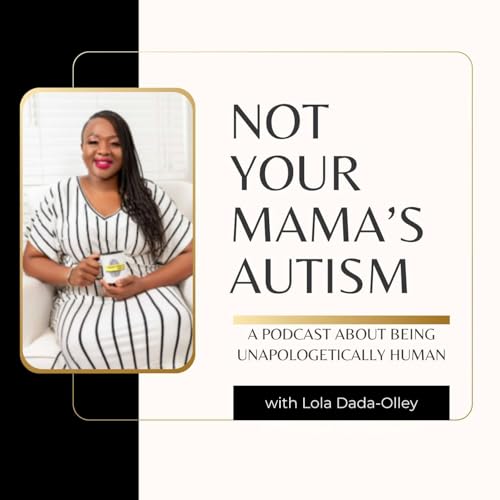Send us a text
In this heartfelt episode, Lola Dada-Olley and Tosan Olley reflect on their journey through autism advocacy, sharing insights from their experiences over the past five years. They discuss the universality of autism, the power of storytelling, and the importance of embracing wholeness while breaking generational cycles. The conversation highlights the intersections of race, disability, and neurodivergence, and sets the stage for their transition to a new podcast identity, 'Unapologetically Whole.'
Takeaways
- The podcast has been a platform for sharing our family's journey with autism.
- The universality of autism transcends geography and culture.
- Sharing our story has allowed others to feel seen and understood.
- The richness of humanity is reflected in the diverse stories shared on the podcast.
- Embracing wholeness means acknowledging both joy and pain in our lives.
- Breaking generational cycles is essential for healing and growth.
- The intersection of race and disability shapes unique experiences.
- The transition to 'Unapologetically Whole' signifies a new chapter in advocacy.
- Gratitude for the community that has supported our journey.
- The evolution of our understanding of success and thriving.
Chapters
00:00 Reflecting on a Journey of Autism Advocacy
03:05 The Universality of Autism and Its Impact
06:03 The Power of Sharing Stories
08:56 Embracing Wholeness and Breaking Generational Cycles
11:54 The Intersection of Race, Disability, and Neurodivergence
14:58 Transitioning to Unapologetically Whole
18:00 Gratitude and Looking Forward
www.loladadaolley.com
 2025/12/151 時間
2025/12/151 時間 2025/12/1035 分
2025/12/1035 分 2025/08/2738 分
2025/08/2738 分 43 分
43 分 40 分
40 分 50 分
50 分 47 分
47 分 29 分
29 分
